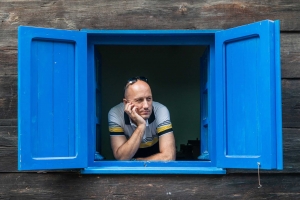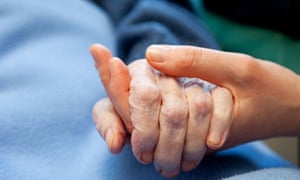
T H I R S T Y ?
For what, exactly?
For
literally
something to drink
or metaphorically
for something more fulfilling for the
s o u l
. . .with a cup of coffee
or a cooler drink
by my side
COVID19
keeps sending me back to

and instead of turning the page
I’ve hovered over poem,
THIRST
(again and again)
Another morning and I wake with thirst
For the goodness I do not have. I walk
Out to the pond and all the way God has
Given us such beautiful lessons. Oh Lord,
I was never a quick scholar but sulked
And hunched over my books past the
Hour and the bell; grant me, in your
Mercy, a little more time. Love for the earth and love for you are having such a
Long conversation in my heart. Who
Knows what will finally happen or
Where I will be sent, yet already I have
Given a great many things away, expecting
To be told to pack nothing, except the
Prayers, which with this thirst, I am
Slowly learning.

I’ve always been in awe
of how a drop of water
has the power of a tsunami
if it hits
on the right shore. . .
and more
. . .supplies a
q u e n c h i n g
I F. . .
A drop of water can be an ocean
A sliver of light can be the sun
A word can be a library
A note can be a symphony
A touch can be a cure
A morsel can be a banquet
A lesson can be an entire education
A step can be a completed marathon
A stickman can be a masterpiece
A loving act can be a lifestyle
A grape can be a raisin
A caterpillar can be a butterfly
I F. . .
shared
I F. . .
recognized
I F. . .
accepted
I F. . .
applied
I F. . .

You’re spending time
wondering if my glass
is half empty
or half full
you’ll never be able to
f u l l y
drink from the
c u p
I
offer
and surely
THE QUENCHING
you
thirst

Be
the never ending
QUENCHING
































